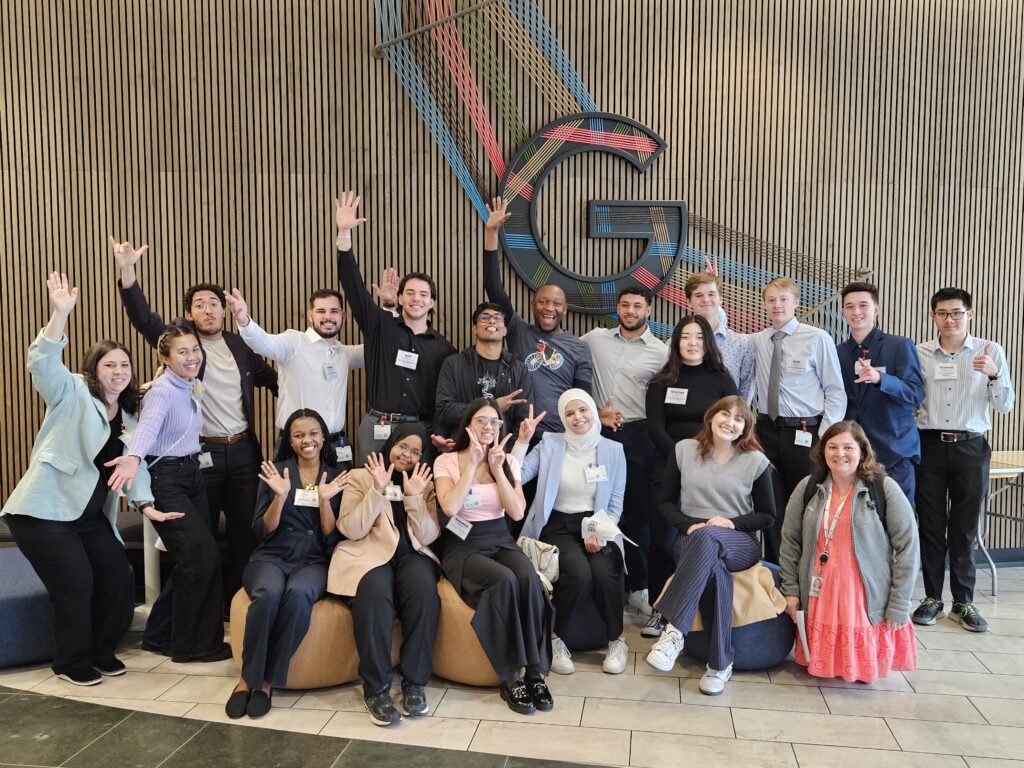In his 1975 book Discipline and Punish, French author Michel Foucault suggests that the real power of a “law” manifests in the way such policies or edicts actually get implemented and the real world impacts that follow, not in the intentions the leaders had in creating the regulations. The original intention, regardless of social value, becomes immaterial. The same might be said of communication messages, regardless of what Marshall McLuhan said about the medium being the message.
In recent months, we have seen an innocuous social networking platform called Facebook - lauded with market valuations in the billions of dollars; immortalized on film as pop culture history; and generally acknowledged as a central hub of the globe’s digitally privileged classes. Most recently, Facebook has been given credit for being central to the revolutions in Middle East countries that have toppled ruthless dictators after decades of oppression. The privileged co-opted the action of a poor fruit vendor’s statement through flames, starting whirl-winds that blurred the lines between electronic and corporeal social networks.
Facebook founder Mark Zuckerberg might be briefly beaming, as his baby has grown to be a force for global change. While supplying means to insurgents was likely not his intention in creating Facebook, Foucault may not have been surprised to see how the power plays out in real-world impact.
Unfortunately, true to Foucault’s darker musings, there appear to be implications that will generate less flattering status updates regarding social media’s impact on social change. The mercurial status of other countries poised to experience similar revolts, many of which rest atop actively tapped oil reserves, have sent petroleum speculators into their own frenzy.
So what? If the current expectations for prices reach fruition, the U.S. and likely much of the world economy will be thrust back into recession. The baby suddenly has very dirty laundry.
The point: Social media, or any channel of communication, remains value neutral. That channel’s contribution to the effort of humans communicating a message, and how well it gets leveraged to that end is where the value propositions begin. And as my mother-in-law says about children, “You can’t take credit, and you can’t take blame” for their impact on the world, just because you created them.
Further, we should clearly not underestimate the reach of influence for any media channel, least of all social media. Social media clearly can be extraordinarily powerful, but in many ways resembles the beginnings of the atomic age. We have yet to learn much of what will be required to manage its use strategically. The big difference? Social media aren’t kept in some secret skunk works; anyone with a mobile phone has access.
Dr. Michael C. Porter, APR is the director of the UST MBC program.







